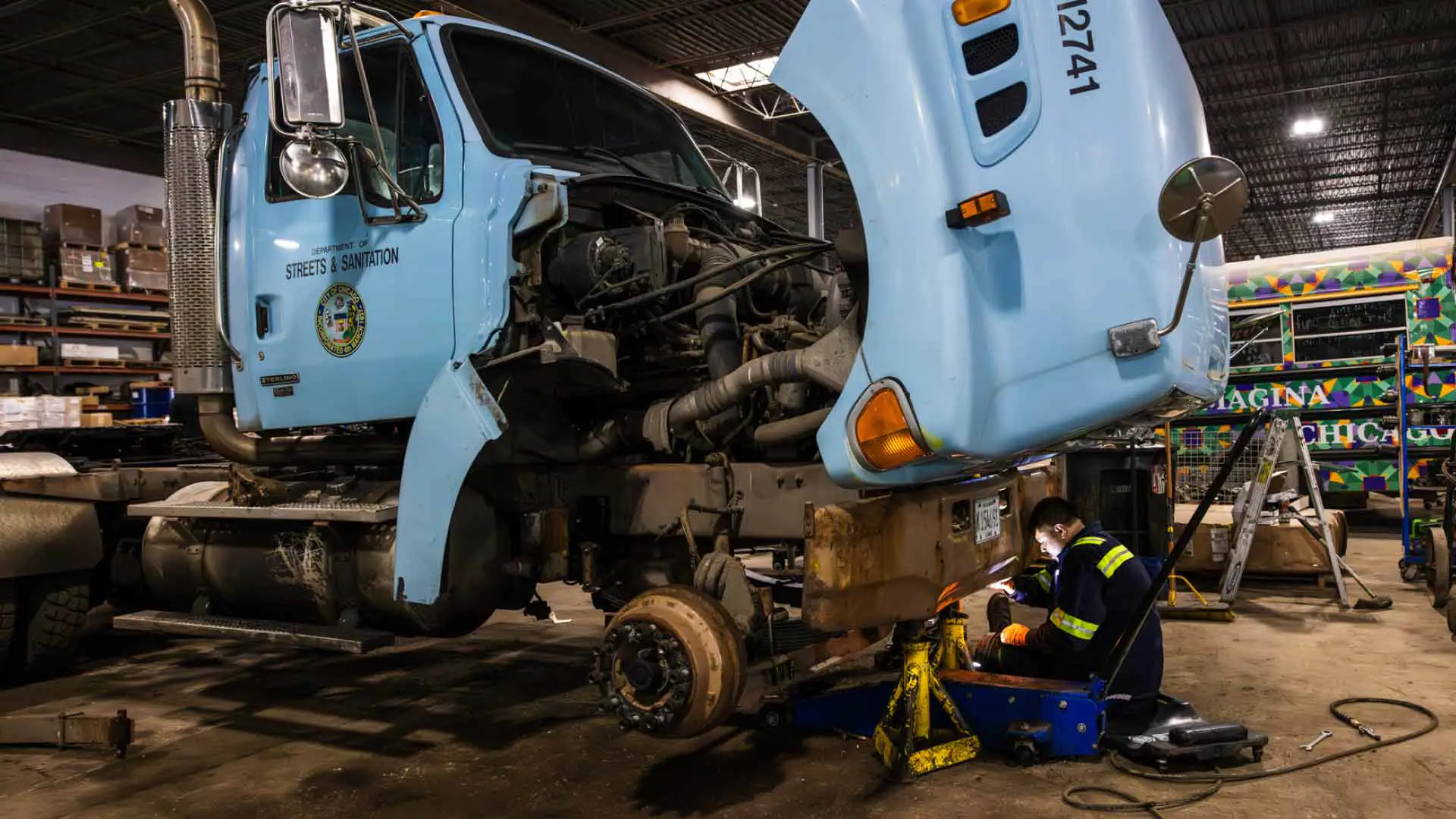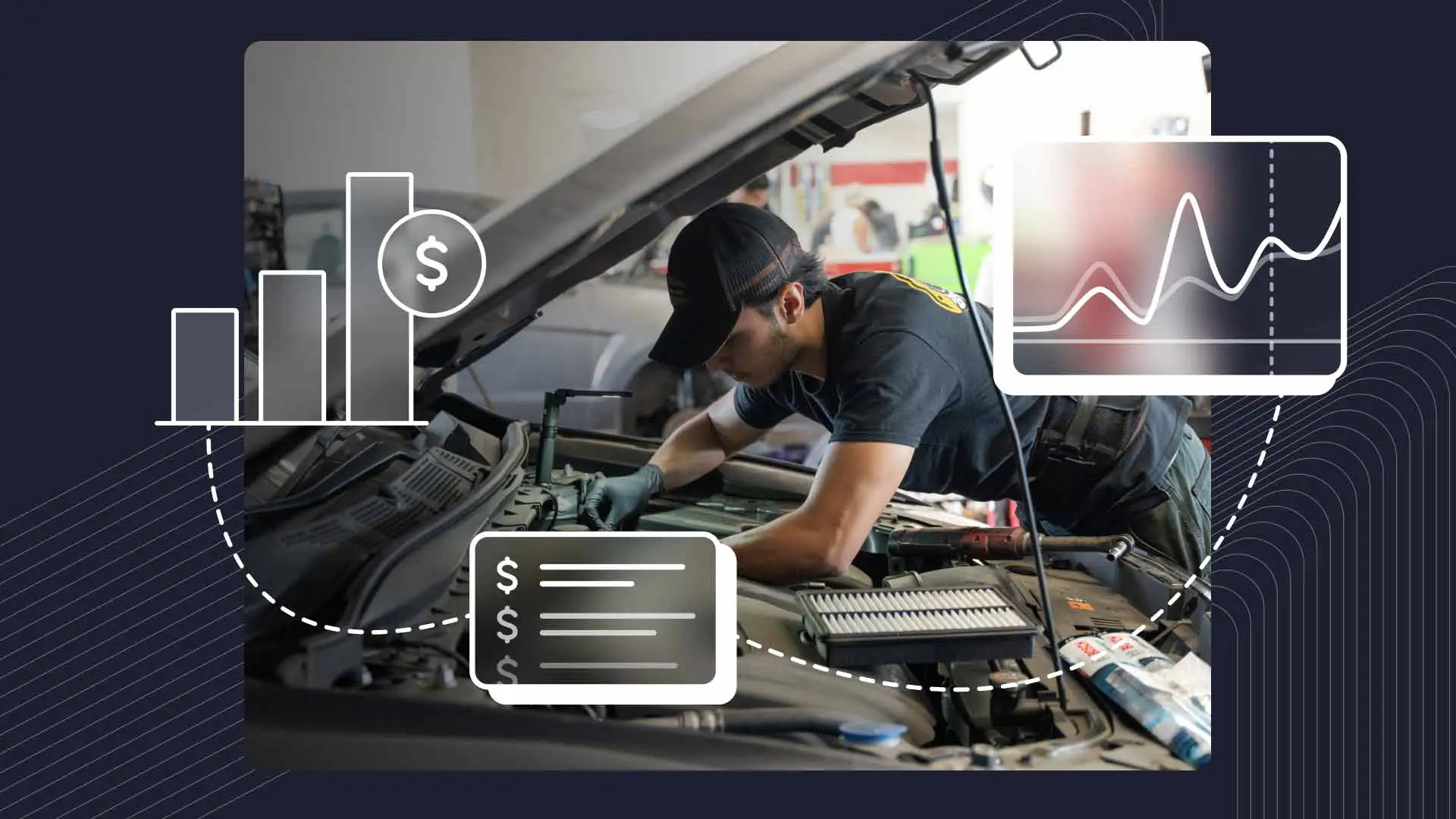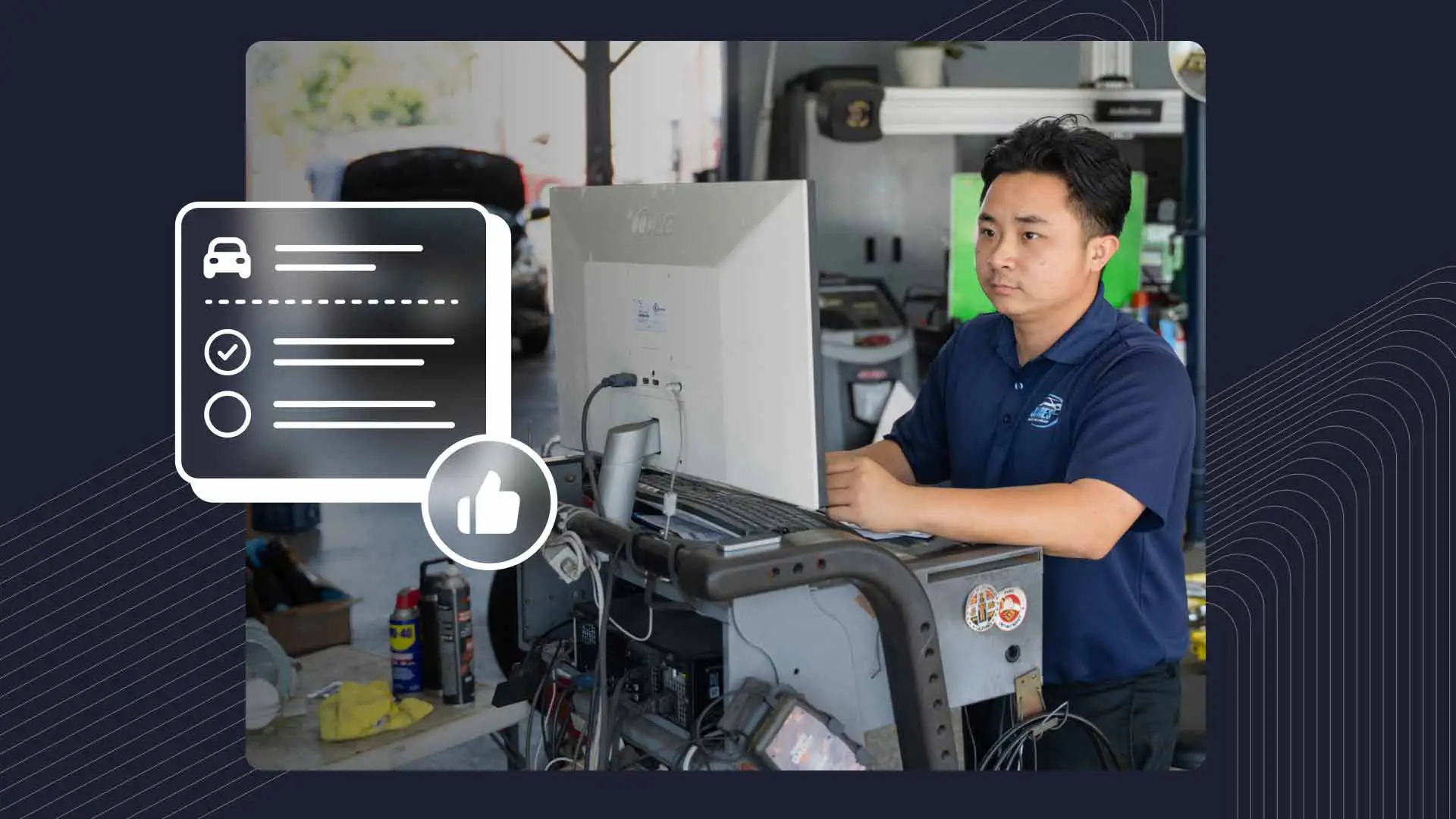When it comes to maintaining a car’s exterior, two options stand out from the rest: vinyl wraps and paint protection films (PPF). While they’re often mistaken for one another, or referred to interchangeably, they’re actually quite different, with each offering its own distinct benefits.
Before deciding whether vinyl wrap or PPF is the best choice, we should first clarify what each one is and does, and how they stack up in terms of installation, cost, and care requirements. So, let’s peel back the layers on these vehicle wrap materials to better understand their key characteristics, advantages, and limitations.
What They Are
Vinyl Wraps: Think of these as giant stickers for your car. They come in a wide variety of colors, finishes (matte, gloss, chrome, etc.), and designs, including logos, images, or almost anything else you can imagine. Made from polyvinyl chloride (PVC), vinyl wraps mainly focus on changing the car's appearance without going all-in on a permanent paint job. They can be applied to the entire car or just specific parts like hoods, fenders, or rocker panels, offering lots of design and coverage flexibility.
Paint Protection Film (PPF): Also known as a clear bra, PPF is a nearly invisible urethane film that’s applied directly to the car's exterior. It safeguards the vehicle against scratches and chips, as well as bird poop, bug splatter, UV rays and other environmental nasties. Unlike vinyl wraps, PPF is designed to preserve the original paint color and finish of the car while providing effective protection.
Functional Differences
Vinyl Wraps: The main purpose of vinyl wraps is to improve the look of your vehicle. They offer some moderate protection from sunlight and light scratches, but they aren’t really designed for heavy-duty defense of the vehicle’s paint or exterior. If you’re looking to enhance the car’s aesthetic, or promote a business or cause–or sponsors, if you’re a racer–then vinyl wraps are the way to go.
PPF: On the other hand, PPF is your loyal bodyguard that protects the vehicle from hazards of the road. PPF is thicker and more durable than vinyl wrap, and some brands even have self-healing qualities; it’s also puncture-resistant, making it a rugged surface barrier. While its main purpose is protection, some PPF variations offer different finish styles, like a matte or drier effect, as opposed to the traditional gloss.
Application and Cost
Vinyl Wraps: Applying a full car wrap requires skill, experience, and attention to detail. The film must be carefully heat-shrunk and smoothed for a perfect finish. It also involves thorough cleaning and surface prep to guarantee a secure, long-lasting fit. Generally speaking, wraps tend to be more expensive than PPF because of all the different material types and customization options. A full vehicle wrap can cost anywhere from $2,000 to $5,000 or more, depending on the design and quality of the work.
PPF: Installation of PPF is similar to that of wraps, but may be more challenging because the film has to fit around every curve of the vehicle. PPF often comes in pre-cut kits for specific car models; or, installers can use computer software to come up with custom patterns. The cost for PPF depends on the coverage area, i.e., whether it’s the full car or specific parts like the hood or fenders, as well as the quality of the film. Prices can range anywhere from $600 for partial coverage to over $7,000 for full coverage with a premium product.
Additional Considerations
Maintenance: All protective car wraps require proper care in order to keep them looking and performing their best, and regular hand washing with detailer-approved soaps (preferably mild, pH-neutral cleaners) is recommended. For vinyl wraps, stay away from harsh chemicals, abrasive cleaners, and high-pressure washing that could scratch or peel off the vinyl; it's important, too, to remove any contaminants like bird droppings or tree sap ASAP to prevent lasting damage. Vinyl wraps also may need to be resealed or replaced from time to time so they don’t fade or degrade.
PPF is sturdier and better able to withstand the elements. Regular washing and detailing shouldn’t damage the film, although you’ll want to avoid using powered buffers or polishing equipment. Also, like vinyl wraps, PPFs may need occasional polishing to remove minor scratches or swirl marks.
Removal: Removing both vinyl wraps and PPF can be tricky, especially if they’ve been in place for any amount of time. A vinyl wrap requires heat and specialized tools to avoid damaging the paint while leaving you with a clean surface that’s residue-free. PPF removal is similar, although it might actually be easier because of the film’s thinner adhesive layer. Both should be done by a professional to make sure there’s no harm done to the car's paintwork.
Detailing Challenges: Detailing a wrapped car requires some extra TLC to avoid lifting edges or damaging the film. PPF, on the other hand, can be treated like regular paint for most detailing work, making it generally easier and more straightforward to care for. That said, it does require a gentle approach to avoid damaging the film. For example, polishing should be done with a dual-action or orbital polisher with a low-speed setting to prevent the buildup of excess heat, which is harmful to PPF.
That’s a Wrap
Deciding on vinyl wrap vs. PPF really comes down to your goal for the vehicle. If it’s a head-turning facelift you’re after, then vinyl wraps are the best bet. But if protecting your car or truck from the elements of highway driving or off-roading is the priority, you’re probably in the market for PPF.
Or, if you’re interested in a best-of-both-worlds solution–or at least one that alters the vehicle’s appearance while also offering good protection–you could opt for colored paint protection film, which comes in a variety of colors and patterns. There’s also the option of doubling up, with a clear PPF on top of a vinyl wrap.
Either way, professional installation and proper care will help ensure the vehicle looks and performs its best for years to come.
If you're an auto detailer looking to enhance your service offerings, we invite you to request a demo for Shopmonkey’s auto detailing software. It helps manage appointments, track inventory, process payments, and more, allowing you to focus on running and growing your business. Request a demo today!




